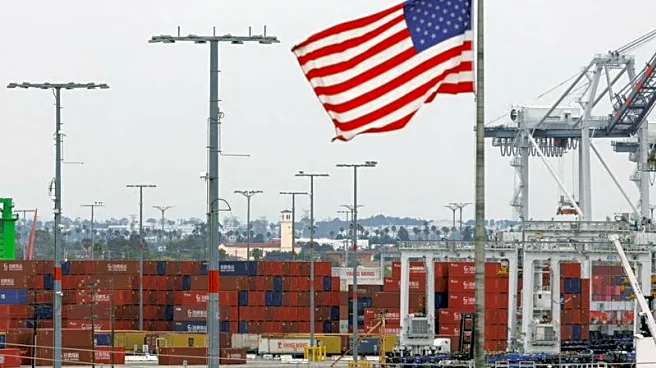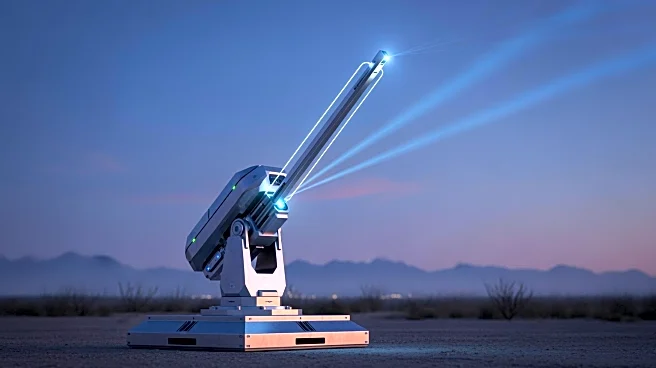By Lewis Jackson and Amy Lv
(Reuters) -U.S. Democrats have asked the Trump administration to press China to curb "structural overproduction", essentially overhauling Beijing's economic model, as Treasury
Secretary Scott Bessent holds talks with Chinese officials in Spain.
Democratic members of a House of Representatives committee on China said any bilateral trade deal should include "binding requirements" on Beijing to reduce industrial overcapacity, according to a letter they sent to Bessent and other top trade officials on Friday and seen by Reuters.
China produces far more manufactured goods than can be consumed domestically, fuelling huge shipments abroad and price wars at home. While Chinese officials have repeatedly rejected U.S. assertions about overcapacity, Beijing has launched a campaign against deflation and price wars in some sectors.
Bessent and Trade Representative Jamieson Greer, addressed in the letter along with Commerce Secretary Howard Lutnick, began talks in Madrid on Sunday with a Chinese team led by Vice Premier He Lifeng.
The departments of the Treasury and Commerce did not respond to questions about the letter.
The letter from members of the House Select Committee on China, repeating arguments made by the Biden administration, especially former Treasury Secretary Janet Yellen, is unlikely to move Donald Trump's Republican administration. However, it underlines the depth of concern about China in Washington, where bipartisan agreement is rare.
"The PRC’s historic and destructive use of structural overproduction to drive economic growth comes at an indisputable cost to U.S. industry, employment, and the stability of international markets," says the letter, referring to China's official name, the People's Republic of China.
The world's two largest economies have struggled to turn a truce on triple-digit tariffs, extended for 90 days last month, into a lasting trade deal to address complaints ranging from fentanyl and the U.S. trade deficit to TikTok's ownership.
Overcapacity should be addressed in the talks, the letter says, citing China's steel and solar panel industries as examples where a massive expansion of supply was followed by waves of exports that undercut jobs and industry in the U.S. and elsewhere.
The administration should also capitalise on the angst those exports cause for allies and partners, and work with them to construct an international response to China's overcapacity, the letter says.
That requires a "more balanced" approach to tariffs, it adds, referring to the Trump administration's favoured economic policy tool.
The Trump administration has imposed tariffs on close allies like South Korea and Japan, although some levies have subsequently been reduced in exchange for investment pledges or reciprocal tariff cuts.
(Reporting by Lewis Jackson and Amy Lv in Beijing; Additional reporting by David Lawder in Washington; Editing by William Mallard)









